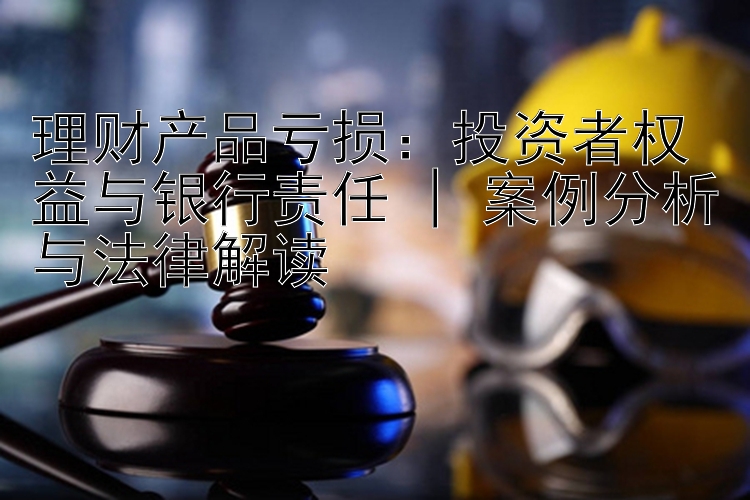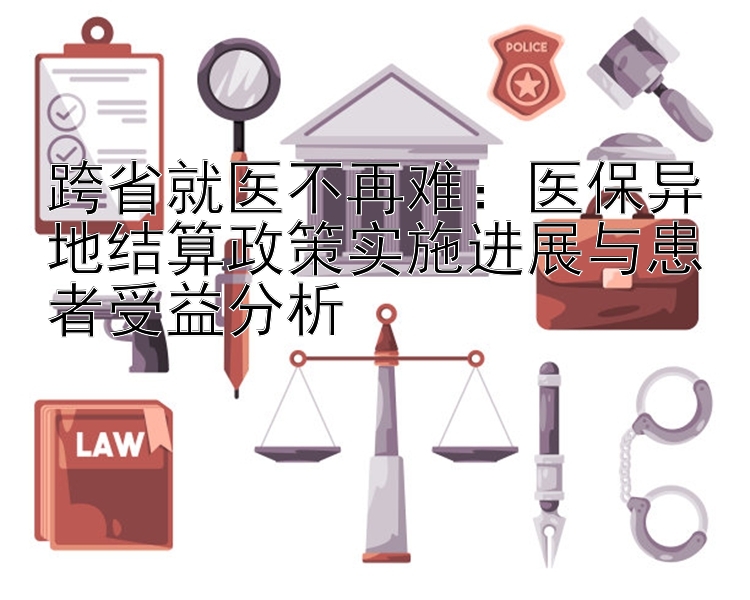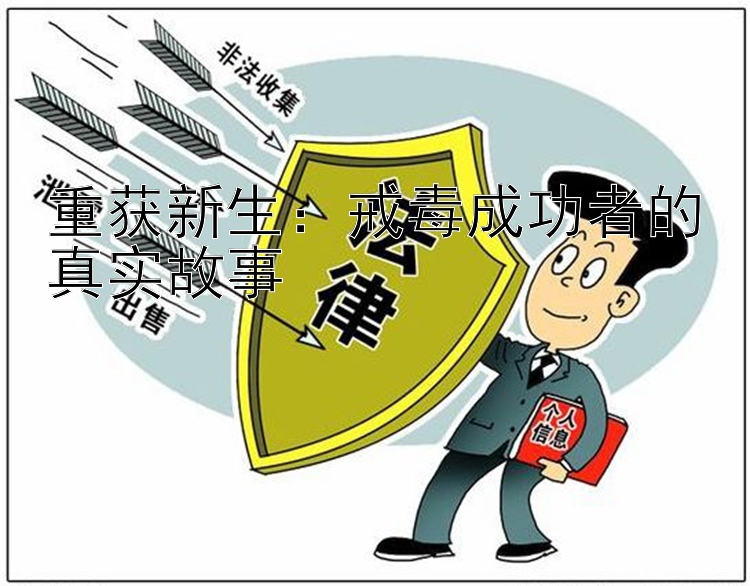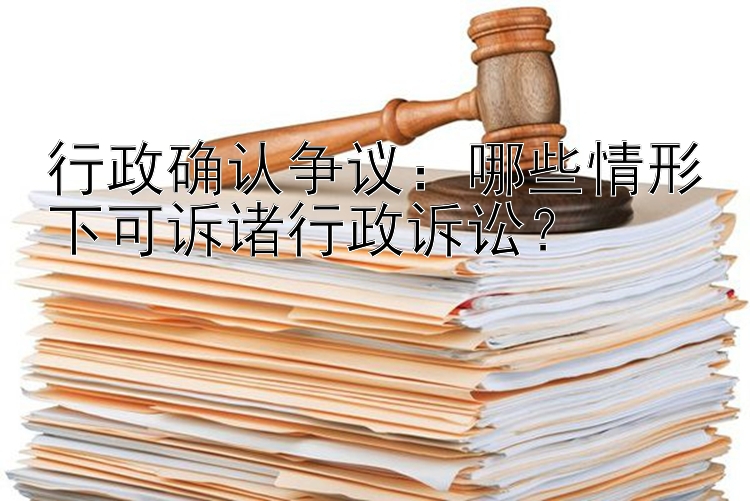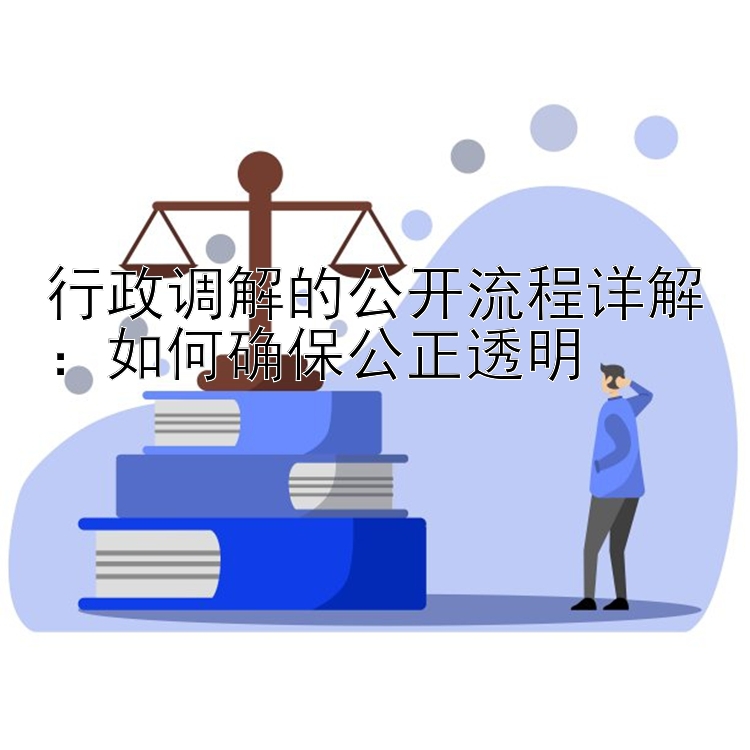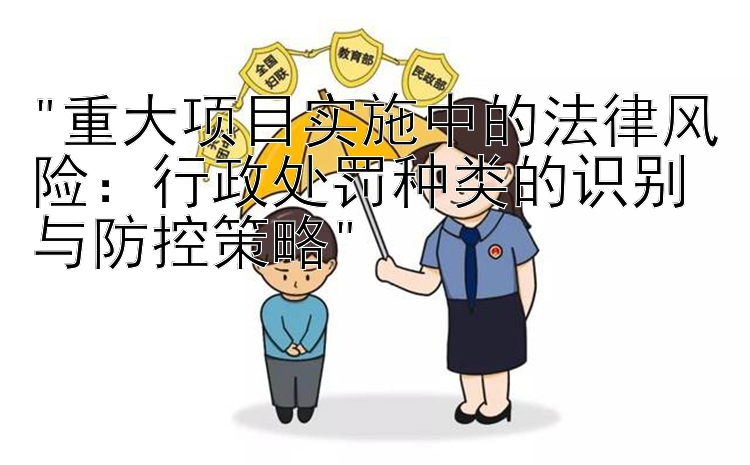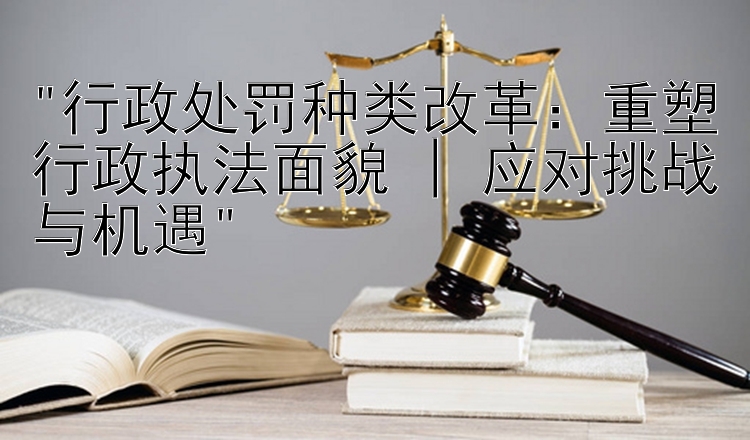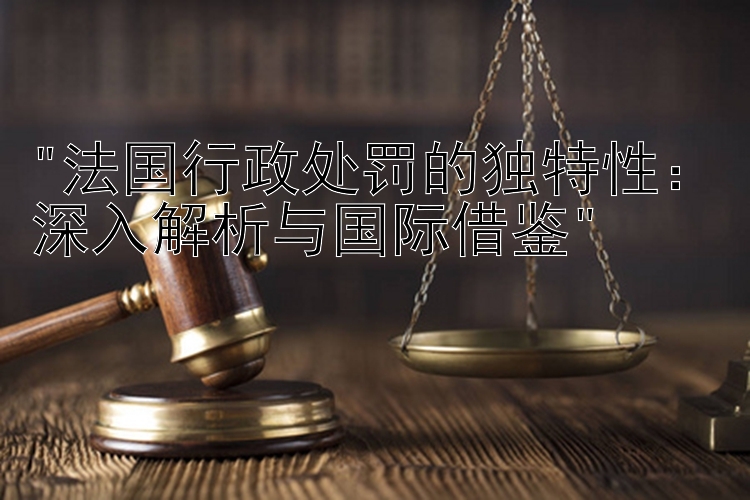在数字化时代,随着信息技术的迅速发展和广泛应用,传统的行政服务模式正面临着巨大的变革压力。为了更好地满足公众的需求、提高政府工作效率和服务质量,各国政府和公共部门纷纷探索和实践创新的公共服务方式——数字化转型成为重要方向之一。本文将从法律角度探讨数字化时代下,如何通过技术创新推动行政服务的转型升级,以及在此过程中需要注意的法律问题和挑战。
一、数字矿山与数据安全保护
- 个人信息保护法(Personal Information Protection Law)
- 网络安全法(Cybersecurity Law)
- 数据安全法(Data Security Law)
- 关键信息基础设施安全保护条例(Critical Information Infrastructure Security Protection Regulations)
- 欧盟通用数据保护条例(General Data Protection Regulation, GDPR)
- 中国《民法典》中的个人信息保护条款
- 美国联邦贸易委员会的消费者隐私权保护指南(FTC Guidelines for Consumer Privacy Rights)
- 德国联邦数据保护法(Federal Data Protection Act of Germany)
- 英国的数据保护法案(Data Protection Act)
- 澳大利亚的信息隐私原则(Australian Privacy Principles)
二、电子政务与透明治理
- 政府信息公开条例(Government Information Disclosure Regulations)
- 行政诉讼法(Administrative Litigation Law)
- 中华人民共和国电子签名法(Electronic Signature Law of the People's Republic of China)
- 联合国电子政务报告(UN E-Government Survey)
- OECD关于开放政府的指导原则(OECD Recommendation on Open Government)
- 世界银行的电子政务成熟度模型(e-Governance Maturity Model by World Bank)
- 国际电信联盟的电子政务发展指数(E-Government Development Index by ITU)
- 新加坡的智慧国家计划(Smart Nation Initiative in Singapore)
- 美国的数字政府战略(Digital Government Strategy in USA)
- 韩国的数字经济五年规划(Digital New Deal Plan in South Korea)
三、智能决策与社会协同
- 大数据分析技术在政策制定中的作用(Role of Big Data Analytics in Policy Making)
- 人工智能算法的法律责任界定(Legal Liability of AI Algorithms)
- 区块链技术在提升社会信任方面的潜力(Potential of Blockchain Technology to Enhance Social Trust)
- 物联网工程实施过程中的法律法规要求(Legal Requirements During IoT Engineering Implementation)
- 无人驾驶汽车法规的发展趋势(Trends in Autonomous Vehicle Regulations)
- 在线平台监管的国际经验分享(International Experiences Sharing on Online Platform Regulation)
- 共享经济模式下的权益平衡(Balancing Interests under Shared Economy Models)
- 数字矿山对传统产业的冲击及应对策略(Impact and Response Strategies of Digital Mining on Traditional Industries)
- 数字矿山对环境保护的意义(Significance of Digital Mining for Environmental Protection)
- 数字矿山的社会影响评估(Social Impact Assessment of Digital Mining)
四、法律保障与风险防范
- 数字矿山领域的知识产权保护(Intellectual Property Rights Protection in Digital Mining Field)
- 数字矿山项目中的合同管理与风险控制(Contract Management and Risk Control in Digital Mining Projects)
- 数字矿山建设中的信息安全防护体系构建(Building an Information Security Defense System in Digital Mining Construction)
- 数字矿山运营中的用户隐私保护机制设计(Designing User Privacy Protection Mechanisms in Digital Mine Operation)
- 数字矿山服务中的网络侵权责任分担(Network Tort Responsibility Allocation in Digital Mine Services)
- 数字矿山应用的伦理审查标准制定(Establishing Ethical Review Standards for Applications of Digital Mining)
- 数字矿山市场的反垄断监管(Anti-monopoly Supervision in the Market of Digital Mining)
- 数字矿山发展的税收优惠政策研究(Research on Tax Preferential Policies for the Development of Digital Mining)
- 数字矿山行业的人才培养与引进政策(Human Resource Cultivation and Introduction Policies for the Digital Mining Industry)
- 数字矿山项目的可持续发展评价指标体系建立(Establishment of Sustainable Development Evaluation Indicator Systems for Digital Mining Projects)
五、结论与展望
在数字化转型的浪潮中,政府和企业都需要积极适应新的变化,不断优化和完善现有的法律框架,确保新技术和新模式的顺利推广和使用。未来,随着科技的进一步发展和法律的不断完善,我们有望看到更加智能化、高效化和人性化的公共服务体系的建立,为广大人民群众带来更多的便利和福祉。


